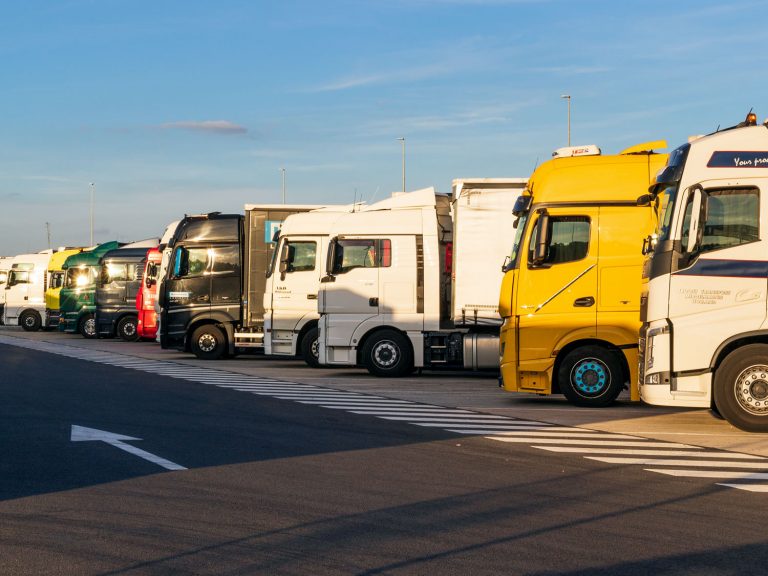
Date:
Road transport supply chains under threat
As the first wave of the COVID pandemic took hold in March the International Road Transport Union IRU estimated a decline in global road transport activity of up to 20% and a global loss in operator revenues of up to $1 trillion.
Despite maintaining supply chains, especially for essentials such as food and medical items, government financial packages are failing the sector which will “collapse” without targeted action.
The production and distribution of almost every good on the planet is dependent at some point, on services provided by road transport operators.
Nearly 6% of all people in employment worldwide work in road transport logistics, largely in small and medium sized firms that, due to their size, cannot easily cope with external shocks such as the economic impacts of COVID. They are a scarce resource, that is becoming scarcer.
According to the IRU. Ranked on a risk scale from one to ten, all regions of the world are standing at the highest levels, nine or ten. This points to a looming wave of financial issues in road transport, which will have a devastating effect on the global economy and its ability to recover from the pandemic.
IRU secretary general, Umberto de Pretto, commented: “The vast majority of the over 3.5 million road transport companies that we represent are small and medium sized firms, and they are the glue that holds global supply chains and mobility networks together. Most of them are struggling to pay their bills. This is a huge threat to the global economy.”
IRU said the research also showed that global losses have escalated to US$679 billion for goods transport and is particularly disastrous for Europe, where forecast losses for goods transport operators have soared by two thirds since the summer to US$125 billion.
If no immediate action is taken, these losses are expected to spiral further during the second wave of the pandemic.
The IRU’s General Assembly backed “an urgent call for action to governments worldwide” with help it noted being particularly crucial in three areas: cash grants to address liquidity, insurance premium flexibility, and waiving taxes and charges.
“Without immediate government action, a shocking number of road transport operators will go bankrupt in the coming months, causing irrevocable damage to supply chains and mobility networks, and therefore devastating the global economy,” de Pretto concluded.
At Metro, our experienced operations team embrace all modes of intermodal transport, providing the most appropriate mode or mix of modes to support our customers’ domestic, European and international supply chains.
